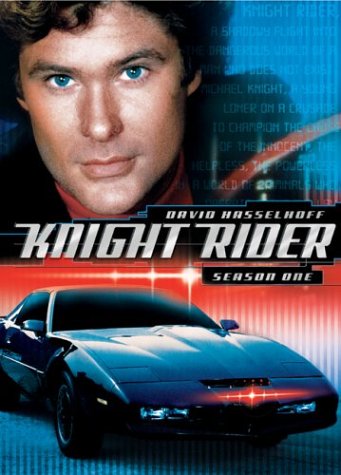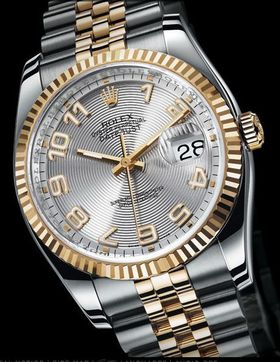PRACTICE NOTE: It would have been interesting to see how the Court would have ruled on a motion to dismiss Plaintiff’s trade dress claim. Unfortunately, it was not part of Defendant’s motion. (Read BNA article regarding the viability of website trade dress claims).
Los Angeles, CA – Legaljiffy.com sued rival website based legal document preparation company Legalcpu.com, Inc. for copyright infringement, trade dress infringement, and state unfair competition (details blogged here). Defendant moved to dismiss the copyright infringement claim and the § 17200 unfair competition claim (“UCL”) because Plaintiff did not have a copyright registration and had failed to plead an injury in fact. Further, Defendant moved to strike Plaintiff’s demand for statutory damages and attorneys’ fees under the copyright act (17 U.S.C. § 412). Order available here.
PLAINTIFF’S WEBSITE FRONT PAGE:
 Los Angeles Intellectual Property Trademark Attorney Blog
Los Angeles Intellectual Property Trademark Attorney Blog


 Los Angeles, CA – Wanderlust Media files a trademark infringement and breach of contract lawsuit to prevent a former licensee, Mio Technology, from using KITT’s voice and other deliverables in personal navigation devices (“PND”). Wanderlust licenses and sells certain customized celebrity voices for use in GPS and PND systems. Wanderlust has obtained rights from Universal Studios of certain elements associated with the classic live-action television series entitled “Knight Rider,” including the voice of William Daniels as “K.I.T.T.” – the true star of the show. Sorry David Hasselhoff, but K.I.T.T.’s got the talent, America.
Los Angeles, CA – Wanderlust Media files a trademark infringement and breach of contract lawsuit to prevent a former licensee, Mio Technology, from using KITT’s voice and other deliverables in personal navigation devices (“PND”). Wanderlust licenses and sells certain customized celebrity voices for use in GPS and PND systems. Wanderlust has obtained rights from Universal Studios of certain elements associated with the classic live-action television series entitled “Knight Rider,” including the voice of William Daniels as “K.I.T.T.” – the true star of the show. Sorry David Hasselhoff, but K.I.T.T.’s got the talent, America.






